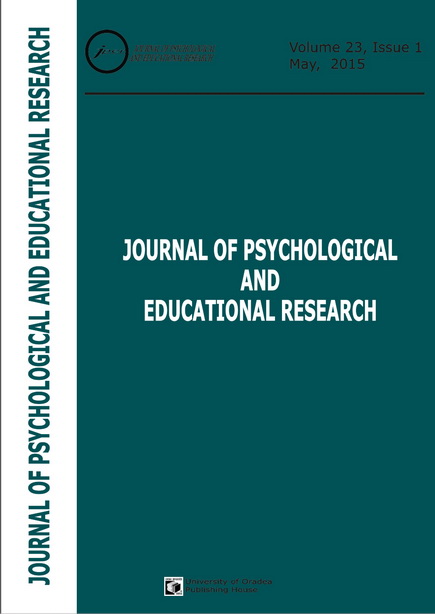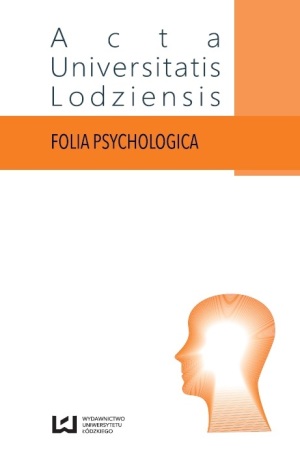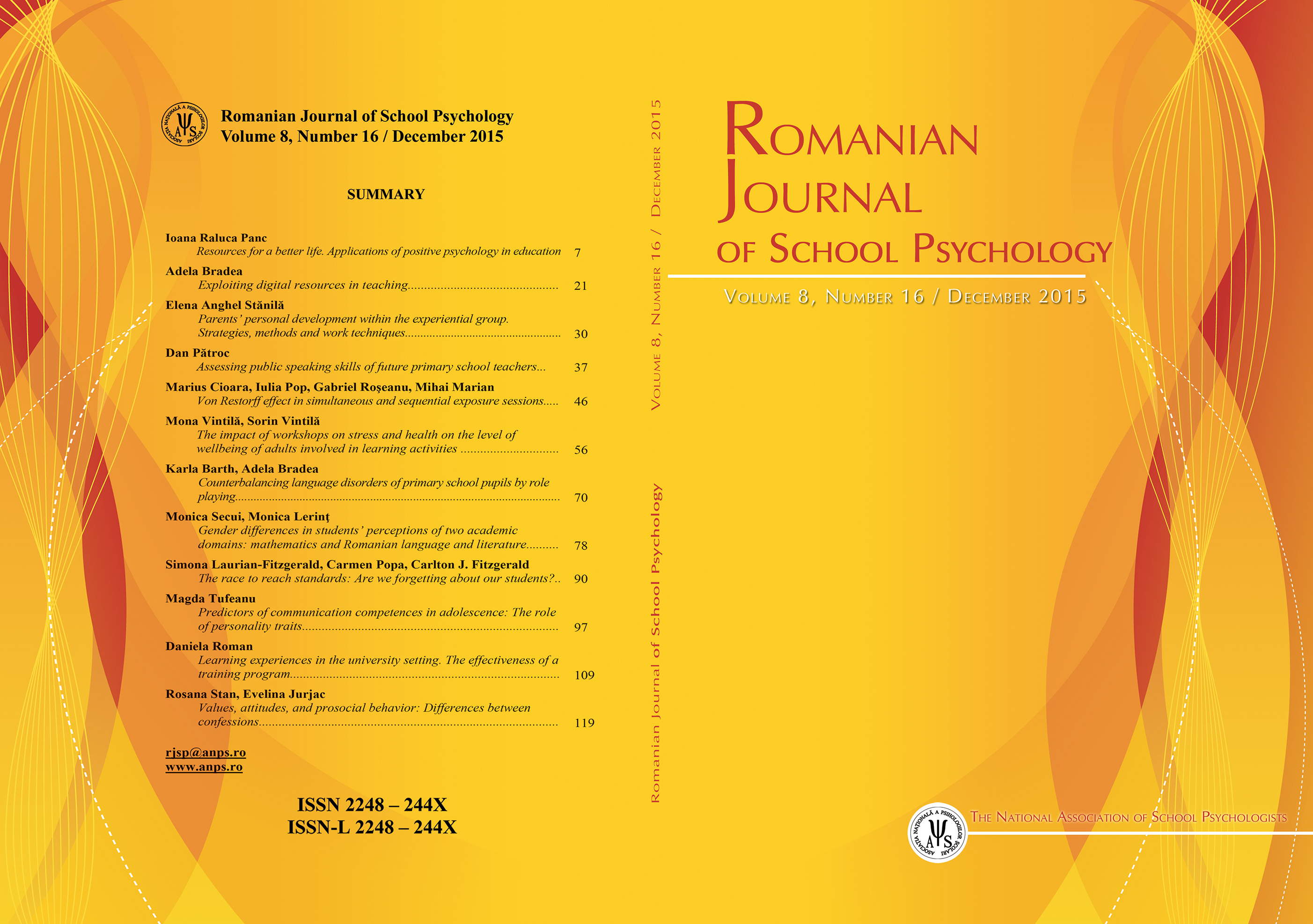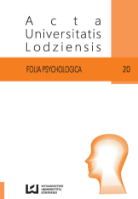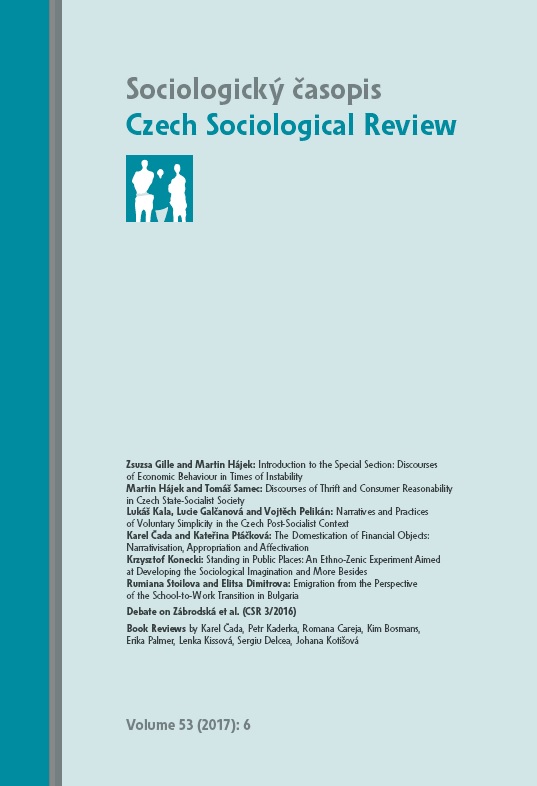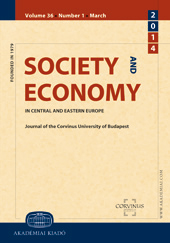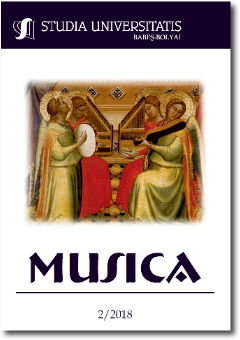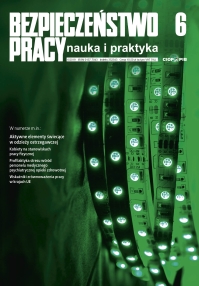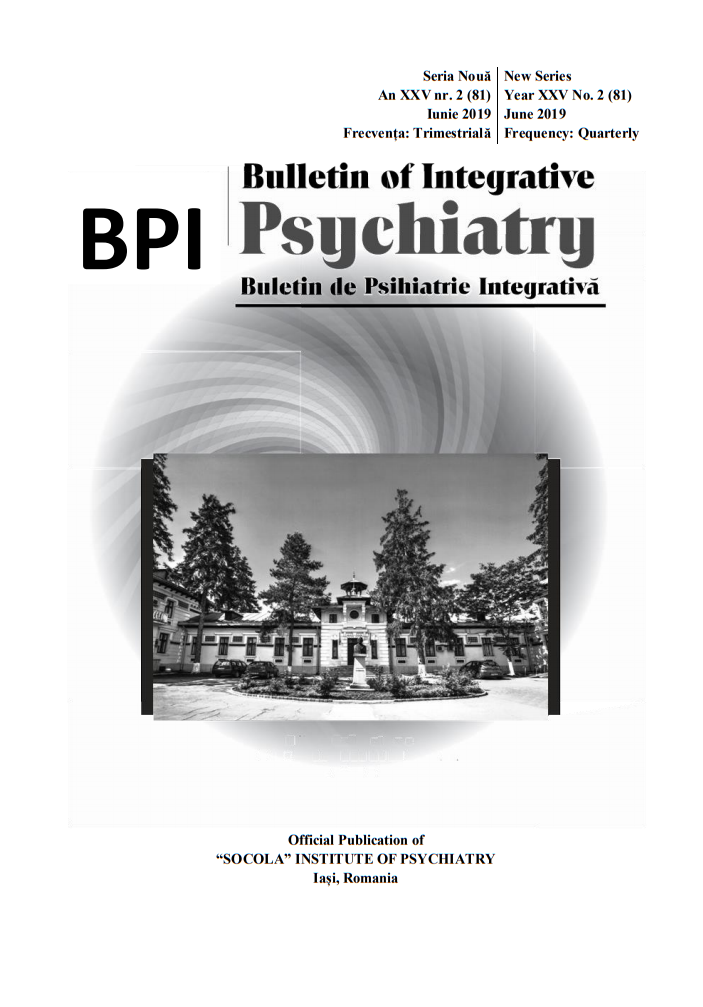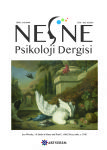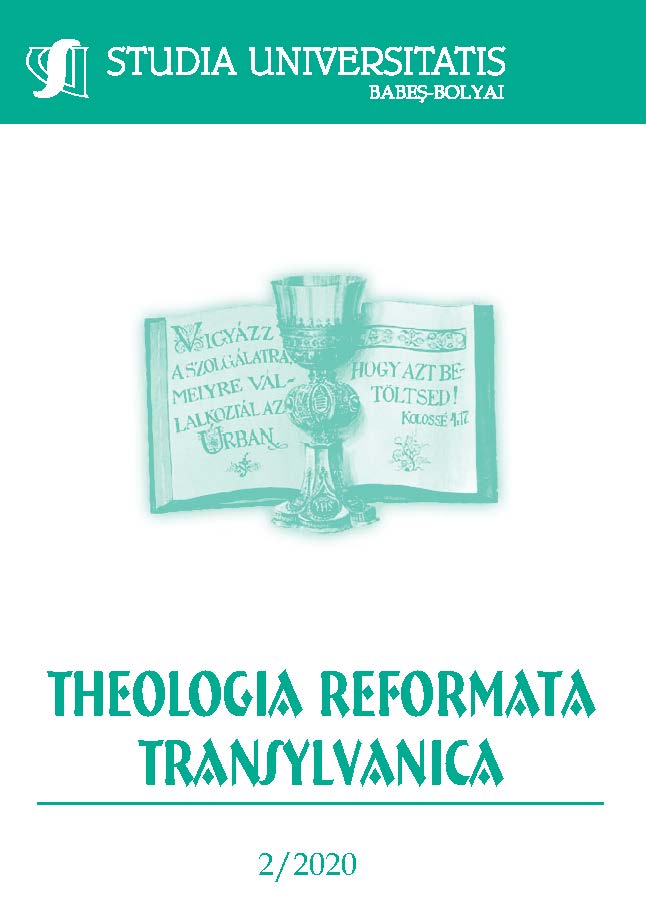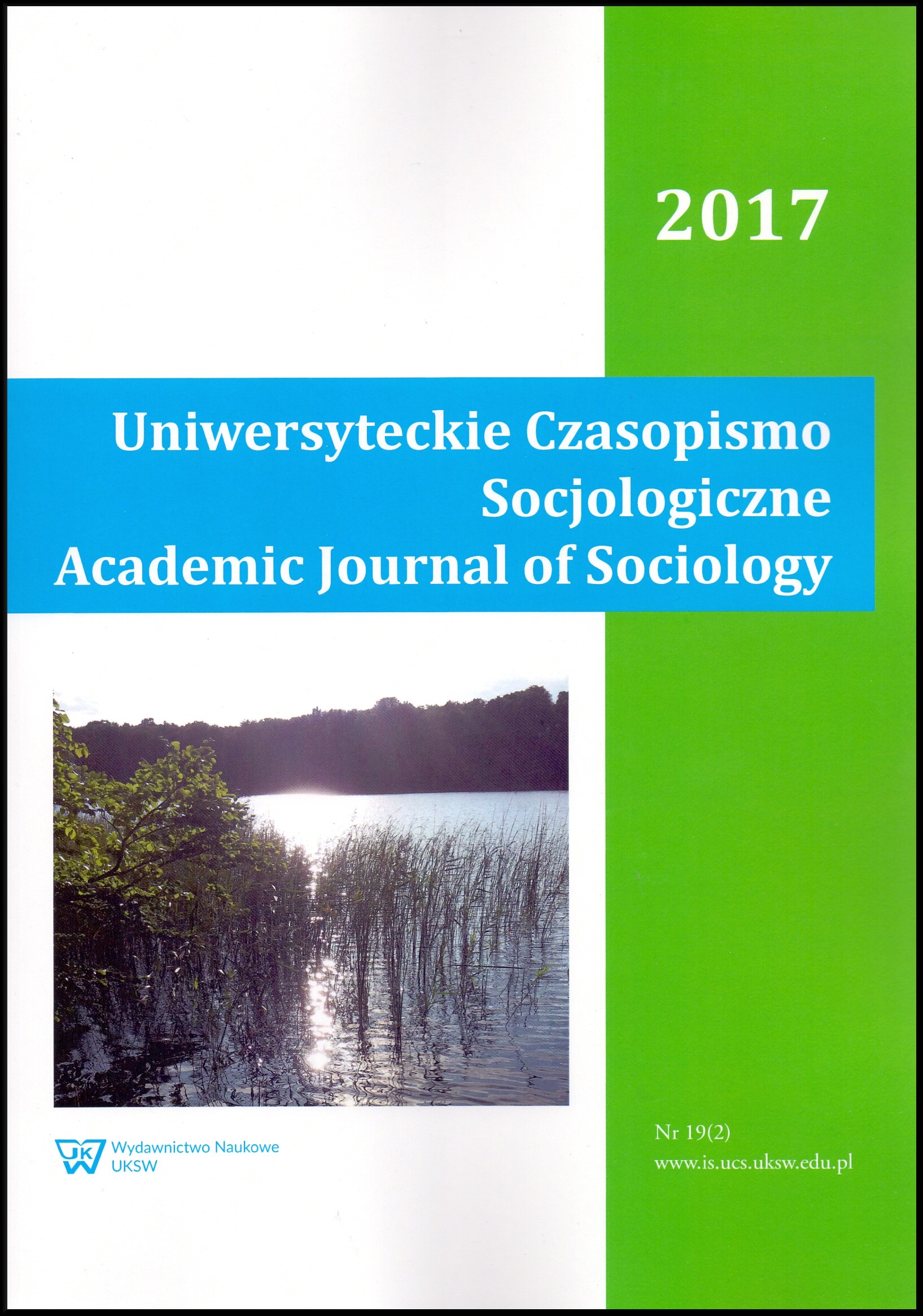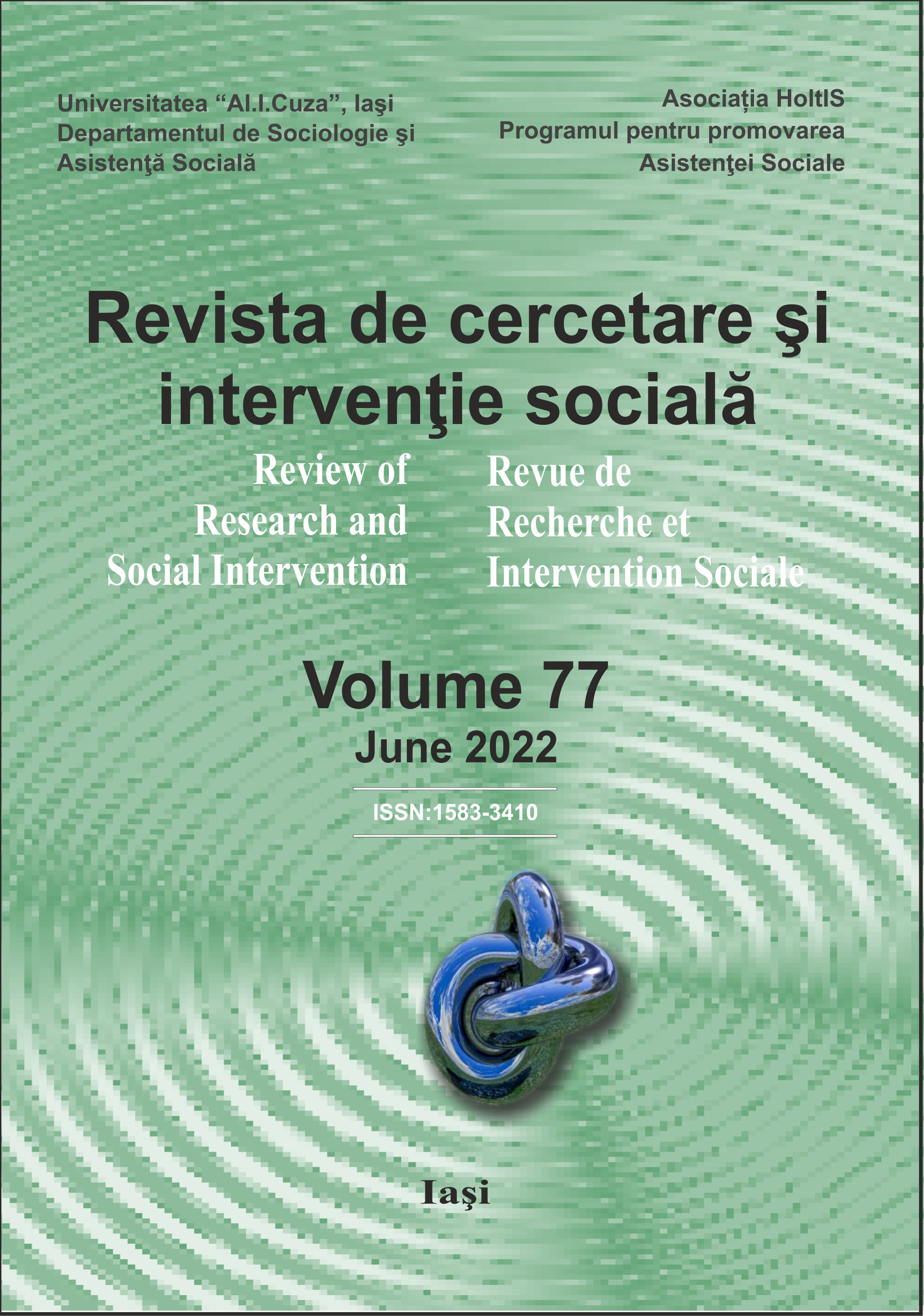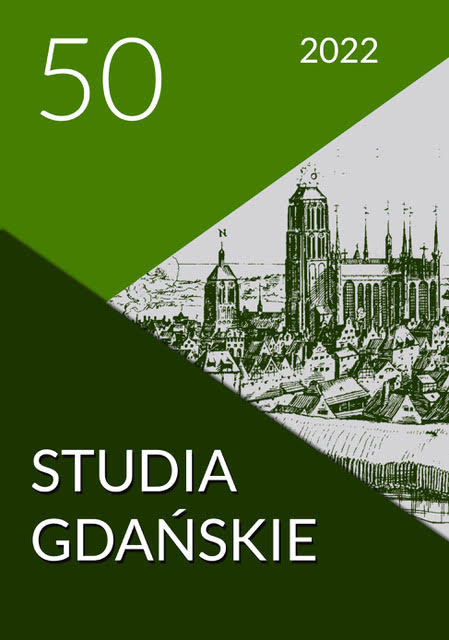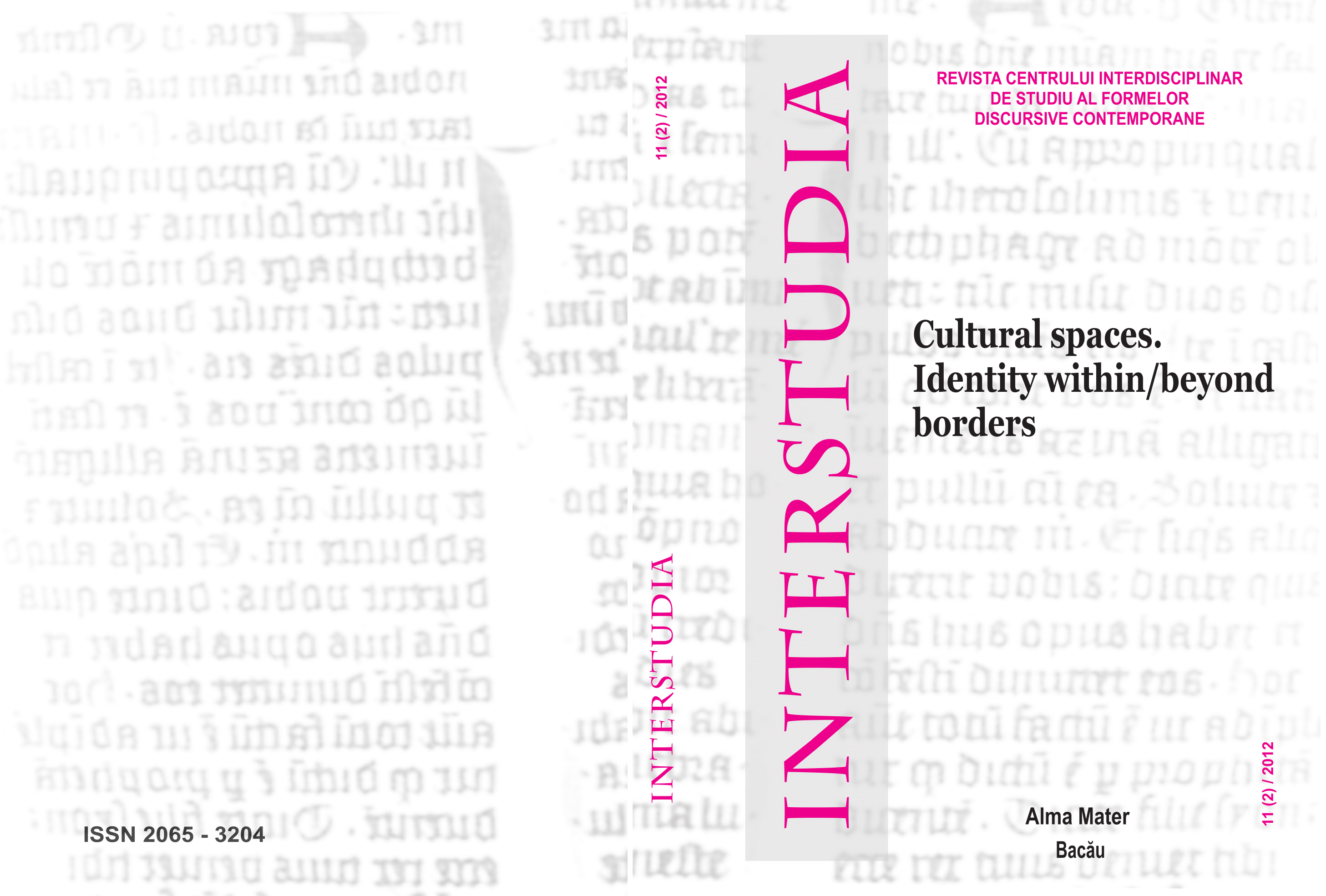
EMOTIONAL EXPRESSION IN ‘SOCIOCENTRIC’ VS. ‘EGOCENTRIC’ SOCIETIES. A STUDY IN PSYCHOLOGICAL ANTHROPOLOGY
EMOTIONAL EXPRESSION IN ‘SOCIOCENTRIC’ VS. ‘EGOCENTRIC’ SOCIETIES. A STUDY IN PSYCHOLOGICAL ANTHROPOLOGY
Keywords: psychological anthropology; emotion; ‘sociocentric’ society; ‘egocentric’ society.
Is the expression of individual emotions culturally conditioned? Or is the human individuality too complex emotionally to be limited by cultural social norms? It is to these questions and many others that our study attempts to find new answers. The reason why the study of emotion is a relatively recent issue in psychological anthropology partially has to do with the negative attitude of social sciences towards this subject, which has been considered too ‘soft’ and too ‘subjective’ to be an appropriate topic for research. Since emotion was viewed in the West as a compulsive, irrational force arising within the individual and that could easily impair reason, it was mainly the subject of psychology that left aside all cultural contexts. Our paper focuses on how emotion is differently viewed and expressed in ‘sociocentric’ vs. ‘egocentric’ societies. While egocentric societies (the Western societies) tend to view emotional expression as a way of maintaining mental health and shaping an authentic identity, sociocentric societies (Japanese, Indian, Chinese, etc.) have intrinsic cultural codes on controlling, displaying or hiding emotions, depending on different cultural circumstances.
More...
